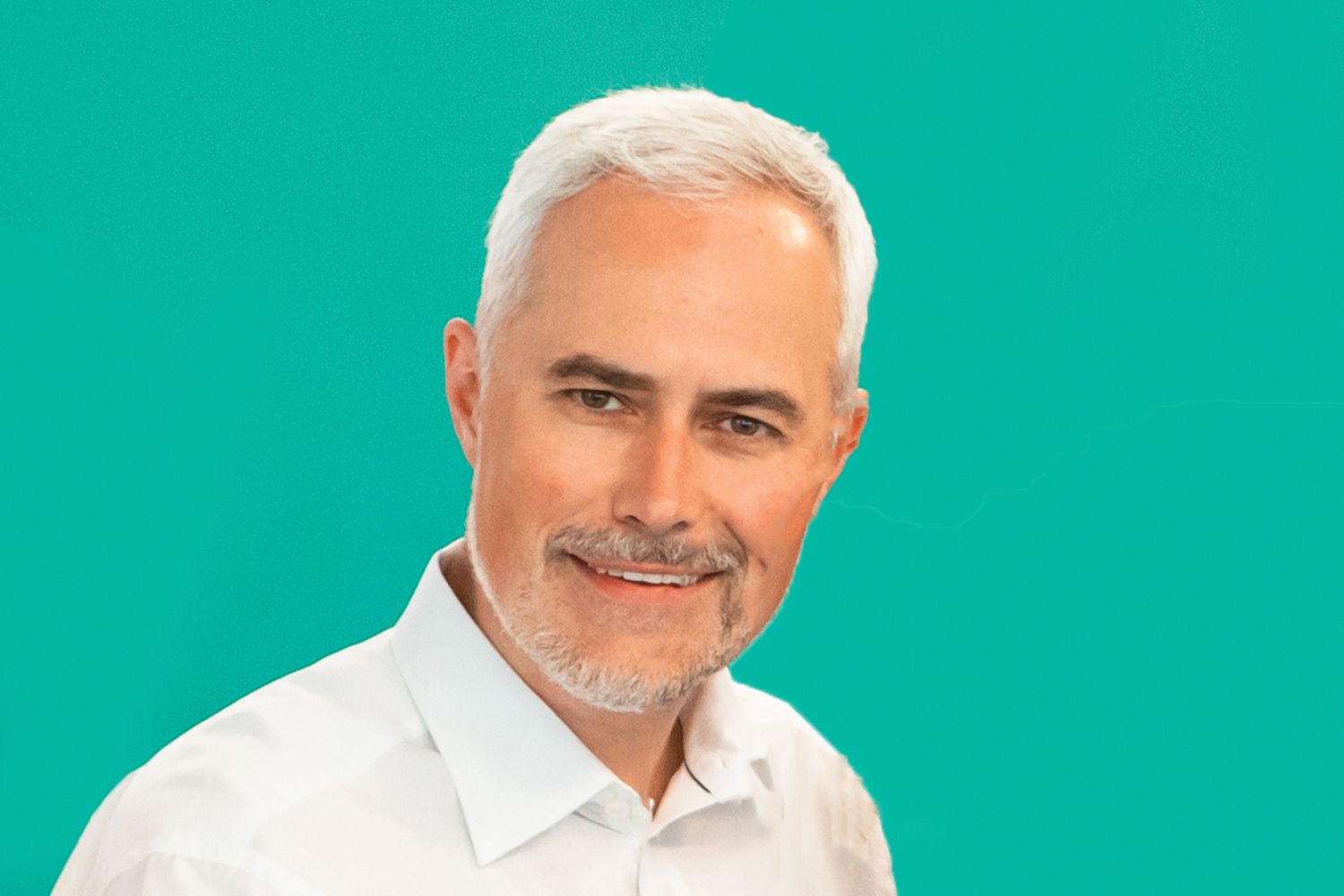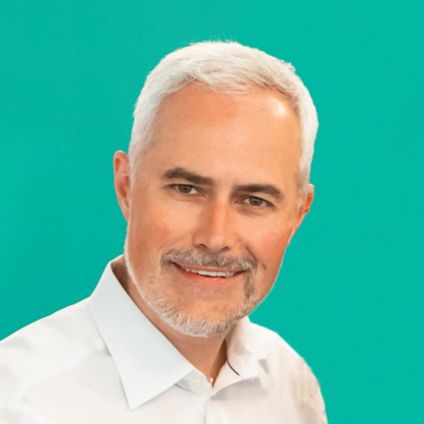That Portima always saw a bright future for brokers should come as no surprise. But is this still the case in 2030? What role does the insurance broker still play in it? How has the broader insurance world changed? And is the world of insurtechs thriving in the world of broker management systems, asks Jan Peeters.
The difference is huge, when I compare it to many years ago. Between 2022 and 2030, the insurance world consolidated, in part because of new legal regulations like the Digital Operational Resilience Act (DORA). DORA required financial institutions to become more digitally resilient, which required insurers to make significant investments. This created a market with some consolidated all-round insurers. But even today, we still have a broad group of niche insurers. And then I feel compelled to ask: what about distribution channels? How have they evolved?

Jan Peeters
CEO of Portima
They're still standing
Oh yes, the brokers are still standing. The brokerage model is the best option for all parties involved in our country. If it were more interesting for insurers to sell via agents, or directly, they would have done so long ago. And today, in 2030, the Belgian consumer still appreciates the advice and proximity of the broker.
What further strengthens the broker’s position, besides of course the functioning of Brocom and the professional federations, is the cooperation between brokers and insurers. This collaboration defines Portima, given that we were founded as a cooperative consisting of companies and brokers.
Has nothing changed in brokerage?
Certainly it has. In the traditional retail insurance market, the broker's market share has eroded slightly. Consider auto and home insurance, for example. For such products, bank insurers offered stiff competition with a digital customer experience through their app, perfectly tailored to customer needs.
But brokers remained entrepreneurs. They focused on those segments where their added value as advisors remained strong, especially among the self-employed and small businesses, where they were uniquely positioned. They made particular inroads in investing and retirement savings because a lot of people had to open their own retirement funds in recent years.
Brokers needed to continue building expertise. Particularly if they wanted to focus on certain sectors. Hence, the large brokerage firms in 2022 very actively acquired others for several years. Consequently, the number of brokers in Belgium today is significantly lower, without a reduction in the market share in premium income.
Brokers focused on those segments where their added value as advisors remained strong.

Is the insurance broker digitizing?
As I said, the assets of the broker are their advice and proximity. But conversely, brokers now have customers who expect digital services. That is why, for almost a decade, we have offered them tools, such as a solution that allows them to quickly obtain quotes from all their insurers. This is how we help brokers digitize, while respecting their advisory role.
Here is another example of this. For the broker, it is important to talk to customers directly in order to make personalized offers to them. Today in 2030, the broker management system will provide these automatically, based on customer data. And that is only step one. The software could also specify the success rate of certain actions.
A challenge that still remains for the broker is to keep up. More than ever, they must also continue to invest in cyber security. For many brokers this was hardly the case in 2022. But in recent years, they faced greater cyber risks. So we have taken major steps to teach the broker the necessary cyber hygiene.

We help the broker digitize, while respecting their advisory role.

Also more and more insurtechs
At Portima, our main goal is to increase the productivity and efficiency surrounding the cooperation between brokers and insurance companies. After all, this is where the greatest potential for brokers to digitize has been in recent years. But we are all but alone today in offering digital solutions.
A lot of insurtechs today are reinventing part of the value chain, accomplishing this as part of an ecosystem, connected by our management system BRIO. The market has received a solid push as a result of legislative initiatives, which have removed or lowered barriers, for example, to open data sharing.
The management platforms that survived in 2030 are those that connected the dots correctly. This is why we invested so heavily in APIs in recent years. Only today, it is no longer up to Portima to decide with whom we cooperate, but to the brokers themselves. Nor does our platform have to cover everything itself. We publish APIs and give the market freedom to seize opportunities and build their own solutions, linked to our broker management system.
And then, of course, the question is: why did we acquire insurtech Harukey with e-GOR, their pension file management platform, in 2022? Because our own system had gaps in life insurance, while the broker needed it and custom customized development would take have taken too long.
The key word is collaboration
Finally, collaboration is essential: collaboration between Portima, insurtechs and brokers and cooperation between brokers and insurers. And cooperation among insurers themselves, which would allow them to make the right, long-term choices to support society. In that way, everyone wins.
About the interviewee
Jan Peeters started his career in 1998 at Andersen Consulting, later Accenture. For more than 17 years he completed various projects in the areas of CRM and IT transformation, working with insurers in Belgium and abroad. Afterwards, he joined Avanade Belgium, a company that builds digital solutions based on Microsoft technology for insurers. In September 2018, he joined Portima as CEO. Here Jan speaks specifically about BRIO, Portima’s broker management solution.

Voices on 2030: The Future of Insurance
Discover more perspectives from the industry’s most inspirational and imaginative leaders.
Download full report ⤓
